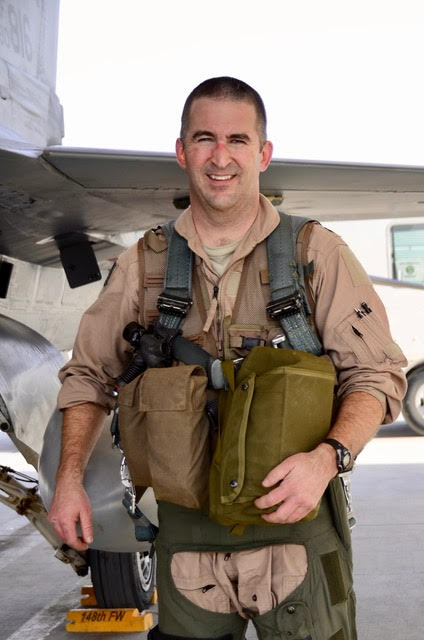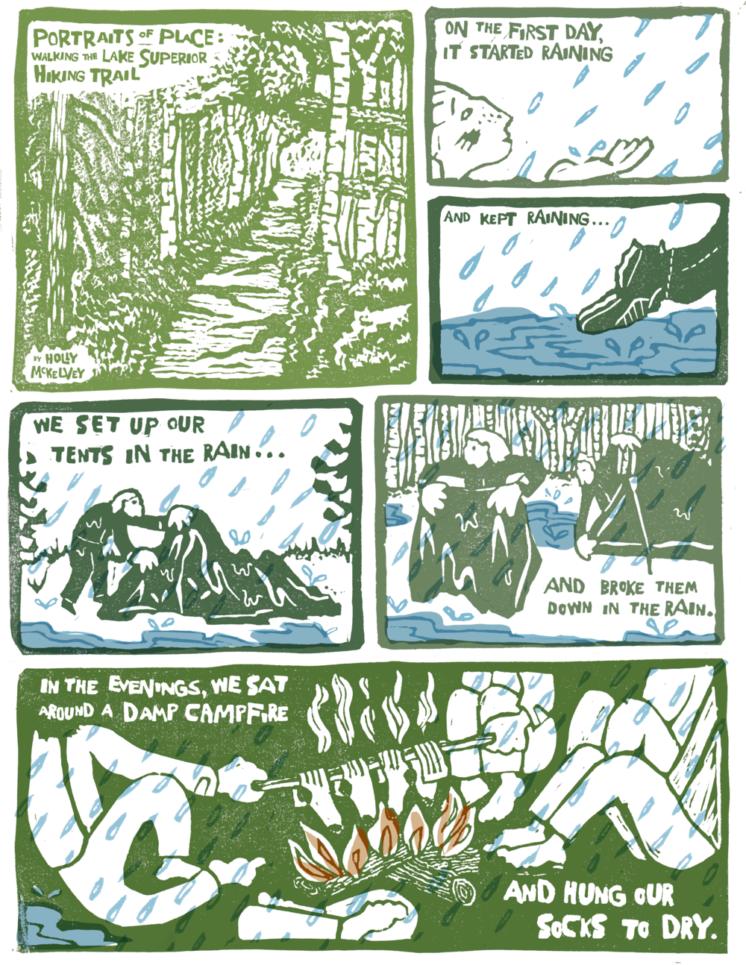 If you fling a certain line at Air Force veteran Eric Chandler, expect a pleasant smile masking irritation. He might nod in recognition. And if that’s all you got, the conversation is over.
If you fling a certain line at Air Force veteran Eric Chandler, expect a pleasant smile masking irritation. He might nod in recognition. And if that’s all you got, the conversation is over.
“Thank you for your service.”
“Who are you thanking?” he asked earlier this year when talking about the growing gap of understanding of the U.S. military experience with that of civilians.
“We’re all complicit,” Chandler says with a serious tone. He could go on for hours on this topic, he says. There’s a deal made in a constitutional republic: Citizens ask for protection with a standing army and some answer the call by enlisting. But it’s not a service contract, Chandler says. “It’s not like the cable guy.”
“It should feel more invested” all around, Chandler says. “Thank you for your service” rings as hollow as any other jingoistic notion of the military’s role in American society. When people don’t know what it is you do or have done, platitudes mean nothing, he says. People are less interested in “who is in the military” over just passing along jingoistic notions of it, he says.






















